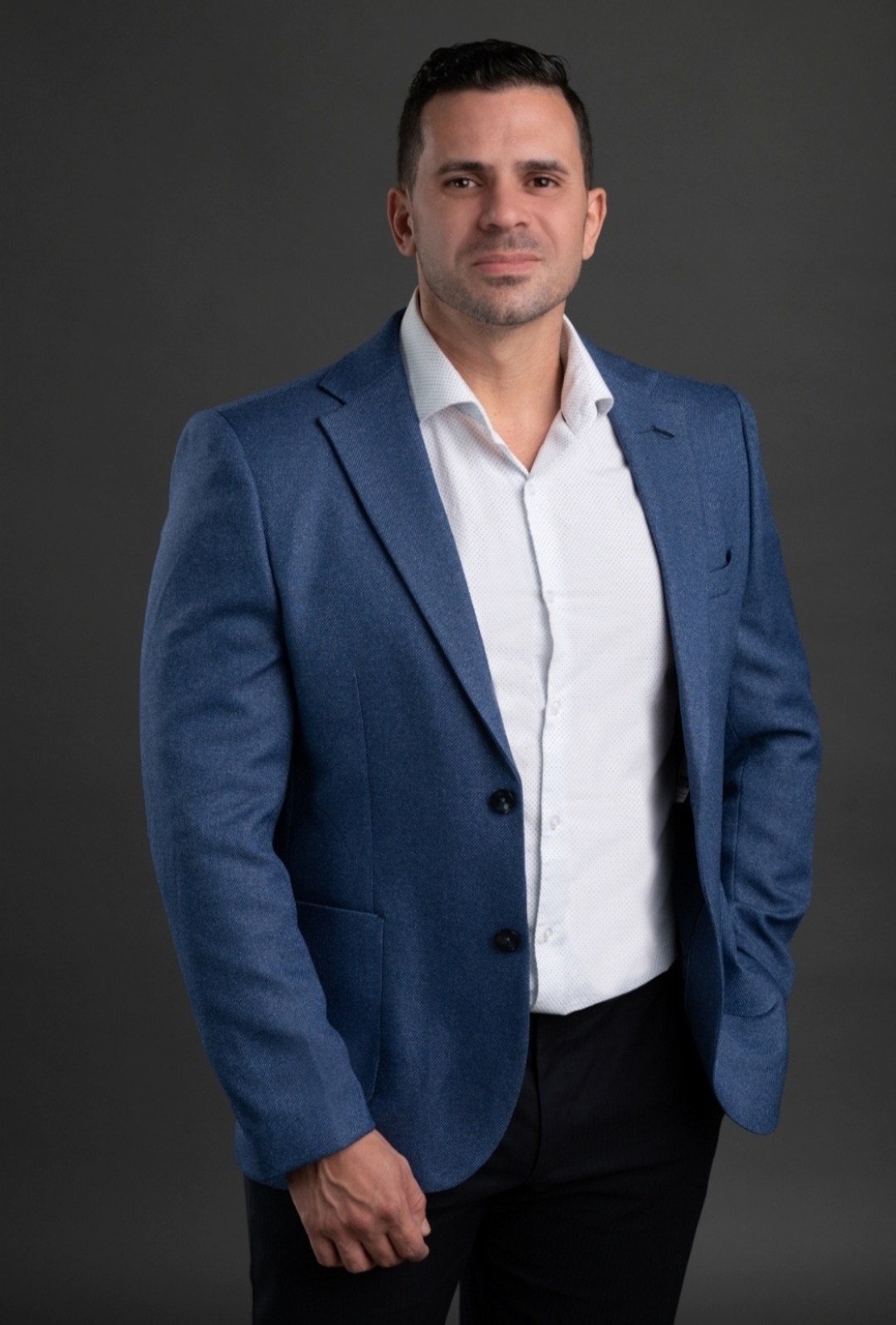Awesome Victoria real estate strategies 2023 by Jason Craveiro? Here are several real estate guides: Once you select a lender, you should speak with a loan officer as quickly as possible. At this point, there is one thing you should know. Pre-qualifying means absolutely nothing. All pre-qualifying does is determine the amount of the loan you could qualify for based on factors such as your credit, salary, etc. It does not guarantee that a lender will actually loan you the money. It’s more important to get PRE-APPROVED. Pre-approval means that your application has been submitted to a lender who is willing to extend you a specific loan amount, pending a property and appraisal. Being pre-approved lets you know that you won’t be denied for a loan, and it also provides you with leverage to negotiate the purchase price of a home with the seller. Read extra information on Jason Craveiro.

Solid wood floors are extremely strong and durable because of the large amounts of wood that sits above the tongue that maybe sand many times. The recommended fitting for these types of boards are a fix or permanent fix to the sub floor. This would mean either fully gluing the board to your sub floor whether it is concrete or sheet material timber or secret nailing at an angle through the tongues to fix to the sub floor.
When looking at homes, you should seriously consider ignoring paint and landscaping. These are two items that are easy to fix, and they should not impact your decision making when purchasing a house. If the home has a terrific location and the paint/landscaping is poor you shouldn’t rule it out, you have to be able to envision what the house will look like when you move in and make changes. A lot of time buyers will not be able to overlook paint or landscaping and this gives an opportunity for others who know how easy it is to fix. Location is something you can’t change, paint and landscaping is something you can. Read more details at Jason Craveiro.
Pay Yourself First: This personal finance tip is another common one that can have a huge impact on your finances. When you pay yourself first, you’re investing in your financial future; you’re investing in future you, and future you will thank present you for doing so. So, why not just pay yourself at the end of the month? That’s a lot easier, right? Well, the reason why paying yourself first works so well is that once that money is sent to a savings account, you’re a lot less likely to spend it. If you wait until the end of the month to pay yourself, you might not have any money left! Future you will be very sad with no money. Make future you happy by investing in yourself! PS. The best way to pay yourself first is to do it automatically. Set up an auto-deposit with WealthSimple and you’ll never have to think about saving money again – it will just happen.
Renovating increases the house value says Jason Craveiro : There’s a certain amount of paranoia among the public when it comes to dealing with builders. The fact is, most builders try to do a decent job, often despite late payment and awkward clients giving them a lot of grief. Individual tradespeople can actually be a mine of valuable experience. Of course, sometimes there’s an ulterior motive to drum up business. But it’s often the case that the person tasked with doing the job will know a better, less expensive or simpler solution in a specific area than designers focused on the bigger picture. Trades also tend to have a useful knowledge of materials and local suppliers, potentially helping you save time and money. So don’t automatically disregard advice from the person doing the job.
Limit your house payment to no more than 25% of your monthly take-home pay. This payment includes principal, interest, property taxes, homeowner’s insurance and, if your down payment is lower than 20%, private mortgage insurance (PMI). Plus, don’t forget to consider homeowner’s association (HOA) fees when preparing your budget. Save at least a 10–20% down payment. A 20% or more down payment helps you avoid PMI—an extra fee added to your mortgage to protect your lender (not you) in case you don’t make payments. Anything less than 10% will drown you in extra interest and fees. Saving a big down payment like this is possible! If you stay patient and motivated, you can save for a five-figure down payment by this time next year.
You probably don’t have the same skill set as Joanna and Chip Gaines, but you might still wind up with a fixer-upper thanks to those inventory constraints. And that’s totally okay. What I’ve learned from buying real estate is that you’ll typically never be content with the upgrades previous owners or developers make, even if they were super expensive and high quality. So why pay extra for it? There’s a good chance you’ll want to make the home yours, with special touches and changes that distance yourself from the previous owner. Don’t be afraid to go down that road, but also know the difference between superficial blemishes and design challenges, and even worse, major problems. Especially this year, watch out for money pits that sellers can finally unload because real estate is just so very hot. Those properties that could never sell may finally find a buyer, and you might not want that buyer to be you.
